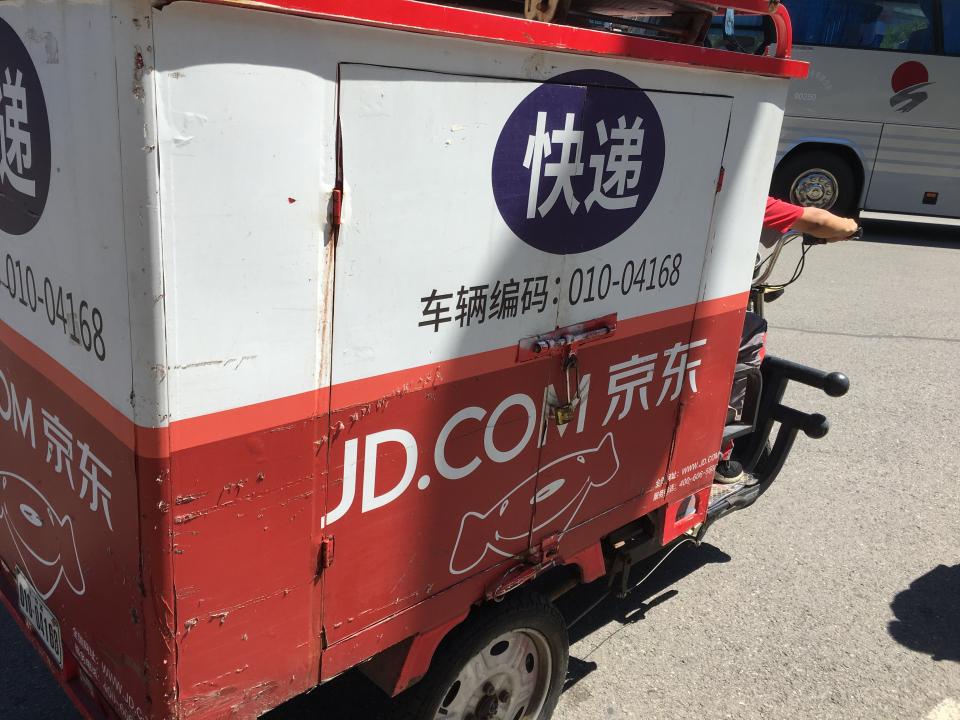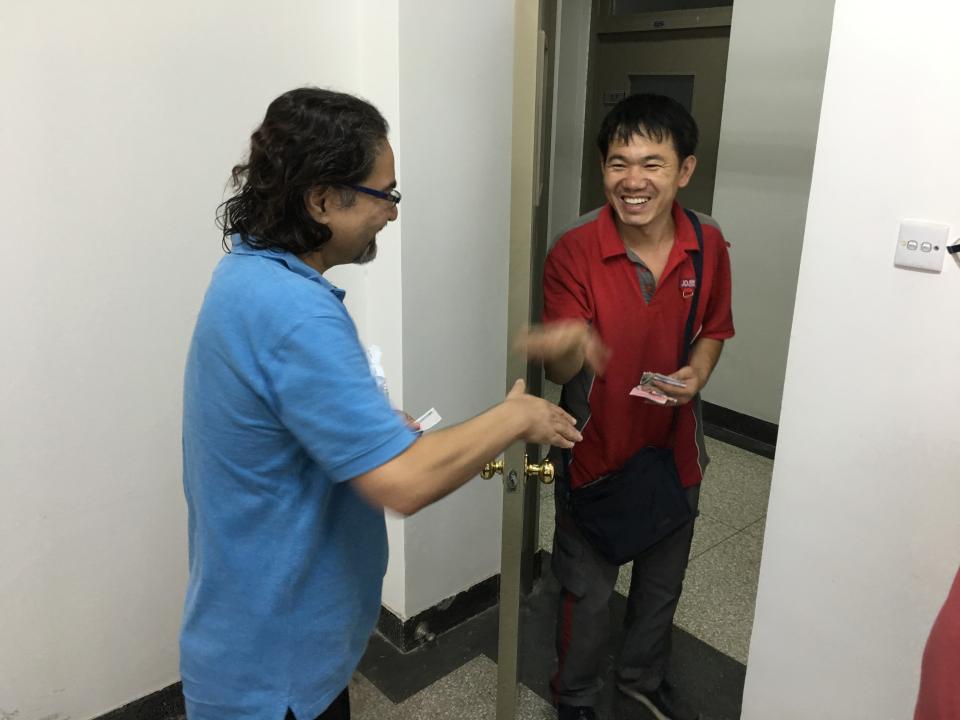Does It Really Matter Who Delivers Your Online Orders?
UC Davis study shows e-tailers with their own fleets boost trust and sales

When an Amazon truck pulls up and delivers your package, do you feel better about your purchase?
Many retailers contract with companies like UPS, FedEx or DoorDash to handle delivery.
Other retail giants, like Amazon and JD.com in China, have invested billions of dollars beyond their core businesses to build their own fleet of trucks, planes and even drones to ensure everything goes smoothly for their customers.
For example, in 2023 Amazon delivered 5.9 billion packages to customers’ doorsteps through its own delivery service, approximately two-thirds of its packages delivered in the U.S.
The last mile of delivery leg has become the first priority for online retailers worldwide.
The trends raise important questions. How does the shift to own delivery systems (ODS) affect customers’ behaviors and online retailers’ sales performance? When should online retailers venture beyond their core business of retailing to offer ODS, and why?

To answer these questions, Marketing Professor Prasad Naik recently took a deep dive into how company-owned delivery affects customer satisfaction, trust and sales. Naik teamed with research colleagues Professor Banggang Wu at Sichuan University’s School of Business School and Professor Yubo Chen at Tsinghua University’s School of Economics and Management.
Professor Naik and his co-authors examined 10 years of data from JD.com, a major online retailer in China that launched its ODS in 2010. This data included over 250,000 customer transactions more than 400 cities and about 50 product categories.
They found that trust plays a big part in how much people buy, especially for things like groceries that can spoil quickly. This trust leads to customers spending more each month, buying things more often and buying more things each time.
Naik’s research shows JD increased revenues 11.9% because of this change to their business model. It’s a testament to the value of delivering products to customers’ homes through their own logistics.
“Our research shows that ODS is the key driver behind JD’s success in building customer trust in China,” Naik and his co-authors concluded. “In fact, recently, two leading Chinese short-video platforms, Douyin (the sister company of TikTok in China) and Kuaishou, entered the online shopping business and also launched their own logistics infrastructure and delivery services.”
The study, “The Value of Own Delivery Service in Online Retailing: Building Customer Trust in Digital Economy,” is forthcoming in the Journal of Marketing, possibly with a different title.